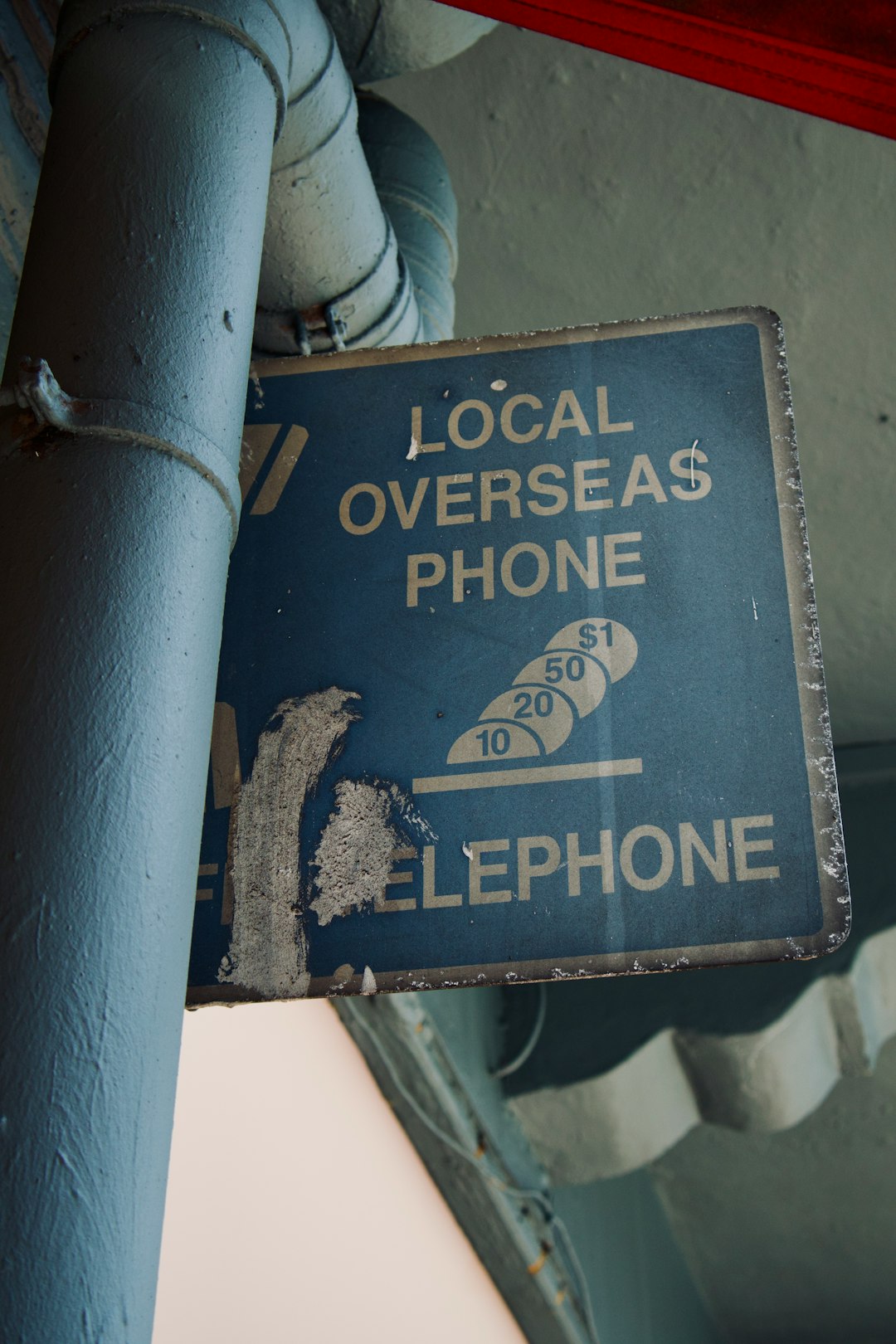In Alabama, the Alabama Public Service Commission (APS) maintains a Do Not Call list offering residents protection from unwanted telemarketing calls. Compliance is vital for consumers and legal professionals, including Do Not Call law firms in Alabama, to avoid fines and legal action. When documenting violations, capture detailed information about the call. Legal action can include filing complaints or initiating lawsuits; gathering phone records, communications, and contracts as evidence is essential. Reputable Do Not Call law firms in Alabama with expertise in telemarketing laws provide crucial support for pursuing potential legal action against violators.
In Alabama, understanding and documenting “Do Not Call” violations is crucial when considering legal action. This guide navigates the process from recording violations to engaging legal representation. Learn how to document calls, gather evidence, and prepare for court in Ozark. Key focus areas include what to record during unauthorized calls, steps after documentation, and evidence requirements. Understand your rights and options against violative do-not-call law firms in Alabama.
Understanding Do Not Call Violations in Alabama

In Alabama, the Do Not Call list is a powerful tool designed to protect residents from unwanted telemarketing calls. This state law prohibits phone vendors and marketers from calling numbers on this list, which is actively maintained by the Alabama Public Service Commission (APS). Any violation of this regulation can lead to legal consequences for call centers and individuals making unauthorized calls. Understanding these violations is crucial for both consumers and legal professionals in Alabama.
When a consumer registers their number with the Do Not Call registry, they are signaling their explicit desire not to receive telemarketing calls. Law firms specializing in Do Not Call law in Alabama must respect these preferences. Intentional or negligent violations can result in fines and legal action, as consumers have the right to sue for damages, including actual expenses and attorney fees. Understanding these regulations is essential for ensuring compliance and avoiding potential legal issues when pursuing cases involving Do Not Call violations.
Documenting the Violation: What to Record

When documenting a Do Not Call violation for potential legal action in Ozark, it’s crucial to gather comprehensive information about the incident. Start by recording the date and time of the call received from a law firm in Alabama. Note down any specific details about the caller, including their names, company they represent, and the purpose of the call. It’s also essential to jot down the source or means of communication, such as phone number, email, or website, where the violation originated.
Furthermore, document the content of the call, focusing on any aggressive, harassing, or misleading tactics employed by the law firm representatives. Make note of specific threats, promises, or demands made during the interaction. Additionally, record your response to the call, including any actions taken immediately after (e.g., blocking the number, reporting it to your state’s Do Not Call registry). Ensure that all these details are accurately documented for future reference and potential legal proceedings involving Alabama do not call laws.
Legal Action: Steps After Documenting

After meticulously documenting Do Not Call violations, the next step is to consider legal action. The first move is to review your state’s laws regarding telemarketing and consumer rights, with a specific focus on Alabama’s regulations. This understanding will empower you to identify any potential breaches and gather substantial evidence for your case.
Once armed with this knowledge, reach out to local legal professionals or consult a consumer protection lawyer who specializes in Do Not Call violations. They can guide you through the process, which may include filing a formal complaint with relevant authorities, negotiating with the offending law firms in Alabama, or initiating a lawsuit to protect your rights and seek compensation for any harm caused by repeated unwanted calls.
Preparing for Court: Evidence Requirements

When preparing for court in relation to a Do Not Call violation in Ozark, understanding the evidence requirements is crucial. To build a strong case, you’ll need to gather and organize specific documentation. Firstly, compile all phone records that demonstrate the unauthorized calls from Alabama-based law firms. This includes call logs, billing statements, or any other records that show the date, time, and source of the calls. Additionally, collect any communications – emails, letters, text messages – between you and the law firm asserting the Do Not Call violation.
Remember to keep detailed notes on each instance, including dates, caller IDs (if available), and a summary of the conversation. These pieces of evidence will help establish a clear pattern of unwanted contact. It’s also beneficial to have any agreements or contracts related to previous legal interactions, as these can provide context for your case. By gathering and organizing this documentation, you’ll be better equipped to present a compelling case against the law firm violating your Do Not Call rights in Alabama.
Engaging Legal Representation in Ozark

In Ozark, engaging legal representation from a reputable Do Not Call law firm in Alabama is a crucial step when documenting violations for potential legal action. With experienced attorneys specializing in telemarketing laws and regulations, these firms can provide invaluable guidance and advocacy. They help clients understand their rights under the Telephone Consumer Protection Act (TCPA) and ensure proper documentation of each violation.
Choosing a specialized law firm ensures your case is handled by professionals who consistently stay updated on changes in legislation, making your legal process more efficient and effective. These experts can assist with gathering evidence, drafting legal notices, and representing you throughout the entire process, ultimately increasing your chances of successful resolution if the matter progresses to court.






